
Don’t Be Afraid
Many people are afraid to sever their total dependence on doctors and medicines, but emuna is the best way to insure good health and a complete recovery of body, mind, and soul.

Translated by Rabbi Lazer Brody
Refua, Part 5
A patient shouldn’t be afraid of doctors or their forecasts, because everything depends on Hashem anyway.
A blind trust in doctors and medicine is itself a form of idolatry. Many people are afraid to sever their dependence on doctors and medicines, as if their lives were dependent on the man with the stethoscope around his neck. Therefore, one should fear Hashem only and not the doctors or their admonitions.
Psalms
Psalms have enormous power, tantamount to an intravenous infusion of trust in Hashem. Trust in Hashem is very conducive to a person’s full and speedy recovery. There are dozens of stories about people who merited miraculous recoveries from reciting Psalms.
A little boy’s best friend become very ill and the doctors appeared to have given up hope. He picked up his book of Psalms, and with poignant innocence said Psalms for an entire hour in his friend’s behalf. He closed the book, ran to his friend’s house, and asked if there was any improvement. His friend’s mother tearfully shook her head in the negative. The little boy ran home and said Psalms for another hour. Once again, he ran to his friend’s house and asked if there was any change in the situation. Once again, the answer was no. The little boy ran back and forth for most of the night, when his friend’s parents finally informed him that their son’s fever had broken and that he was sleeping peacefully now…
Names of the Tzaddikim
Rebbe Nachman of Breslev writes in Sefer HaMiddot that reciting the names of the tzaddikim can bring about a change in nature.
A woman came to me after a growth was detected on her uterus, and said that the doctors were demanding to perform an immediate operation that would render her unable to give birth to any more children. She took my advice and recited the names of the tzaddikim. A short while later, the growth disappeared and the woman received a clean bill of health. Since then, she has given birth to more children as well.
Likutei Tefillot
A man suffered from severe back pains to the extent that he couldn’t lift the slightest weight. He asked one of this generation’s tzaddikim what to do. The tzaddik told him to recite all the prayers for healing in Rebbe Nathan of Breslev’s classic collection of prayers, “Likutei Tefillot.” He implemented the tzaddik’s advice to the letter. Within a relatively short period, his back was completely cured.
Everything will turn around for the best
Never forget that Hashem is G-d. Any Divine decree can be overturned with prayer, teshuva, and charity. Our sages teach us that even if a sharp sword rests on a person’s neck, the person shouldn’t give up hope. “Hope” means prayer, and the most cogent prayer is the sick person’s prayer for himself (see Rashi’s elaboration of Genesis 21:17).
Even though doing a Pidyon Nefesh and reciting the names of the tzaddikim are important, nothing so invokes Divine compassion for a sick person as his own personal prayer – speaking to Hashem in his own words. A person should ask for all his needs from Hashem, and especially for healing and good health. King David said (Psalm 30:3), “I cried out to You Hashem, my G-d, and You healed me.”
One of my students was in a near-fatal automobile accident that left a gaping hole in his back that exposed his spine. The gap almost reached his kidneys. The wound became infected and the doctors had given up hope. My student was conscious and well aware of his critical situation. There was no rational procedure or cure. Up until the accident, my student would devote a few casual minutes to personal prayer, but nothing more. Now, I asked him to commit to speaking to Hashem for two hours a day – he agreed.
Every night when most everyone else was sleeping, he’d wheel himself out in a wheelchair to the hospital terrace. For hours on end, he’d beg Hashem to stimulate new tissue growth around his kidneys and spine. Little by little, to the amazement of all the doctors, new tissue began to grow until the gap was completely healed.
The Lachovitcher Rebbe used to say that when the doctors tell a patient that there’s no cure, and the patient reinforces himself with complete trust in Hashem, then all the gates of salvation and healing are opened…
A sick person shouldn’t wait for the doctors or sickness to turn to Hashem. Putting one’s complete trust in Hashem not only facilitates healing, but helps to keep healthy people healthy.
Don’t waste a moment!
As with incarceration, a sick person should utilize available time for self-evaluation and for soul searching. Many patients lie idle in hospital beds for hours; freed from the demands of a normally busy routine, the bedridden should take advantage of the time at their disposal. Oftentimes, a sick person’s bodily urges diminish dramatically, enabling one to look at the world objectively. At such times, the soul’s delicate voice gets a fair hearing. Many healthy people let their bellowing bodies drown out the soul’s voice.
How tragic when “loved ones” arrange for a television to be planted in front of a sick person’s face! Instead of utilizing their available time for the type of soul-searching that would lead to a full recovery, they waste it on folly.
Hashem receives tremendous gratification when a person passes the test of faith that accompanies affliction. Reinforcement of faith is a wonderful way to insure good health and a complete recovery of body, mind, and soul.
To be continued.




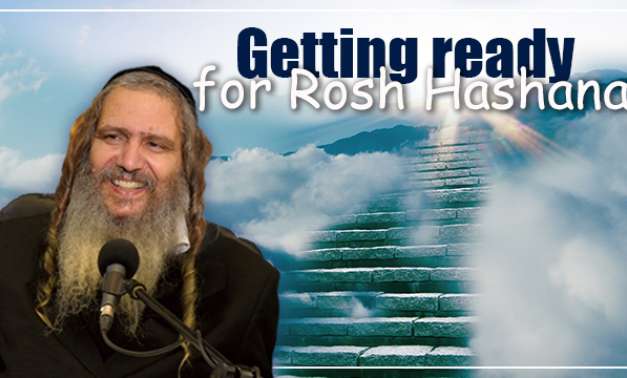
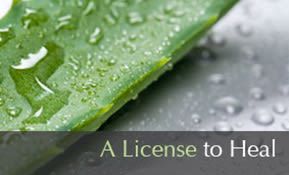
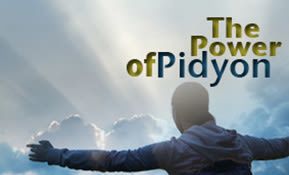

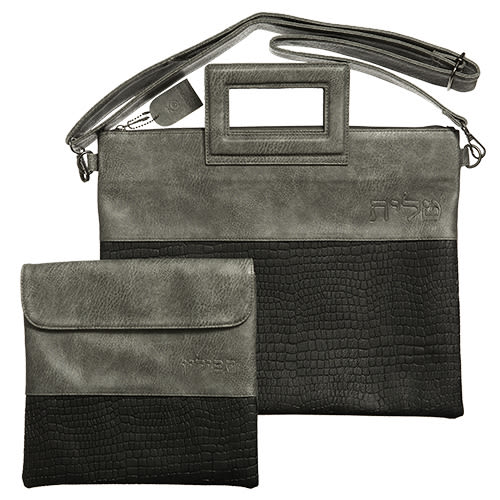
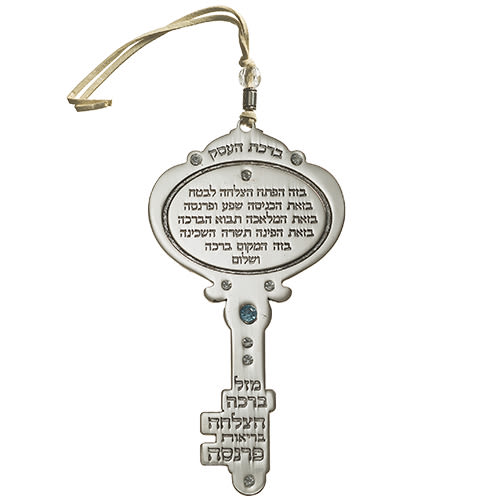
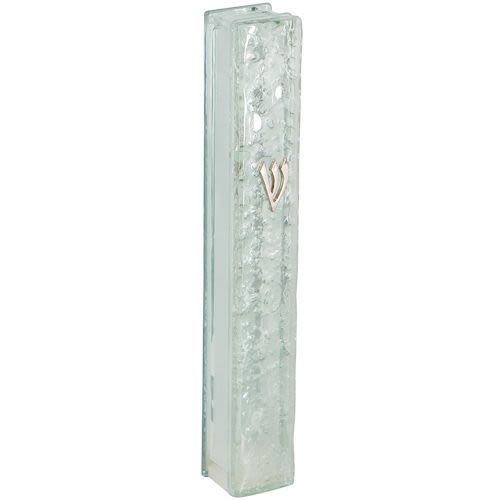

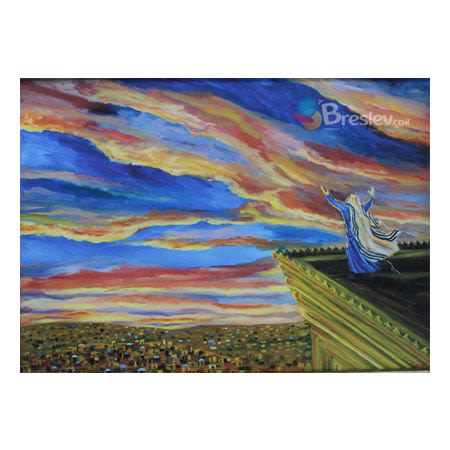
Tell us what you think!
Thank you for your comment!
It will be published after approval by the Editor.